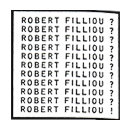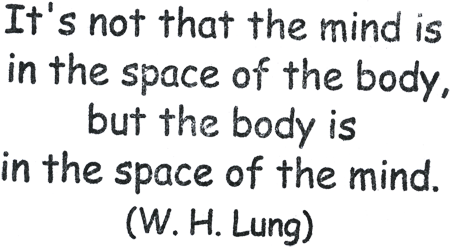
[...] "There is a relatively simple equation, namely, the second law of thermodynamics. It tells the complete, huge story of natural history. This law encompasses all past, present, and future processes. It is a marvelous narrative. Short and compact, it narrates all the short and long stories. It is possible to formulate this short algorithm in different ways. For example, one method is to use the German language. Of course, this makes the story a little longer, but it continues to give us an overall picture. It goes like this:
Roughly sixteen billion years ago, there was a big bang whose echo we still hear today if we listen the right way. Since that time, particles have been tearing through the universe almost at the speed of light. During this process, they bump into each other by accident and form clusters. Despite these accidents, the entire process moves in the direction of a uniform distribution of particles. When this goal is reached, history comes to an end—because then there will be no more time, for time signifies the distribution of particles. This "short story," which narrates the long, wide-ranging story of natural history, will also come to an end. Then, all past, present, and future processes will have run their course. In the meantime, however—that is, during the narrative process—they continue to run their course. And the temporary process sounds something like this:
The diameter of the natural universe is presently sixteen billion years wide, because it is sixteen billion years old. One is roughly aware of its size. It is fundamentally empty space through which the particles travel as they approach their uniform distribution, entropy. However, in this empty space there are clusters formed by chance, and between these are powerful forces. Some of these clusters do not look as if they were formed by chance—our nervous systems, for example. Their complexity is so great that the thought of chance creating something so complex is completely beyond our imagination. In a similar manner, the number of particles that have been spinning around and crashing into each other for sixteen billion years is beyond our imagination. These unimaginable numbers persisting for unimaginable lengths of time make the origin of unimaginable complexities like our nervous systems a necessary coincidence. From among these absurd, improbable clusters, the simple, short algorithm of the second law of thermodynamics was pieced together (and the one gigantic natural history), so that they can tell their stories." [...]

| Inasmuch as I've changed myself I have also changed the world - the world has changed at a certain location. (Sándor Altorjai) |
TO REACH OUT INTO THE NOTHING AND TO PULL YOURSELF THROUGH (MIKLÓS ERDÉLY) |






















